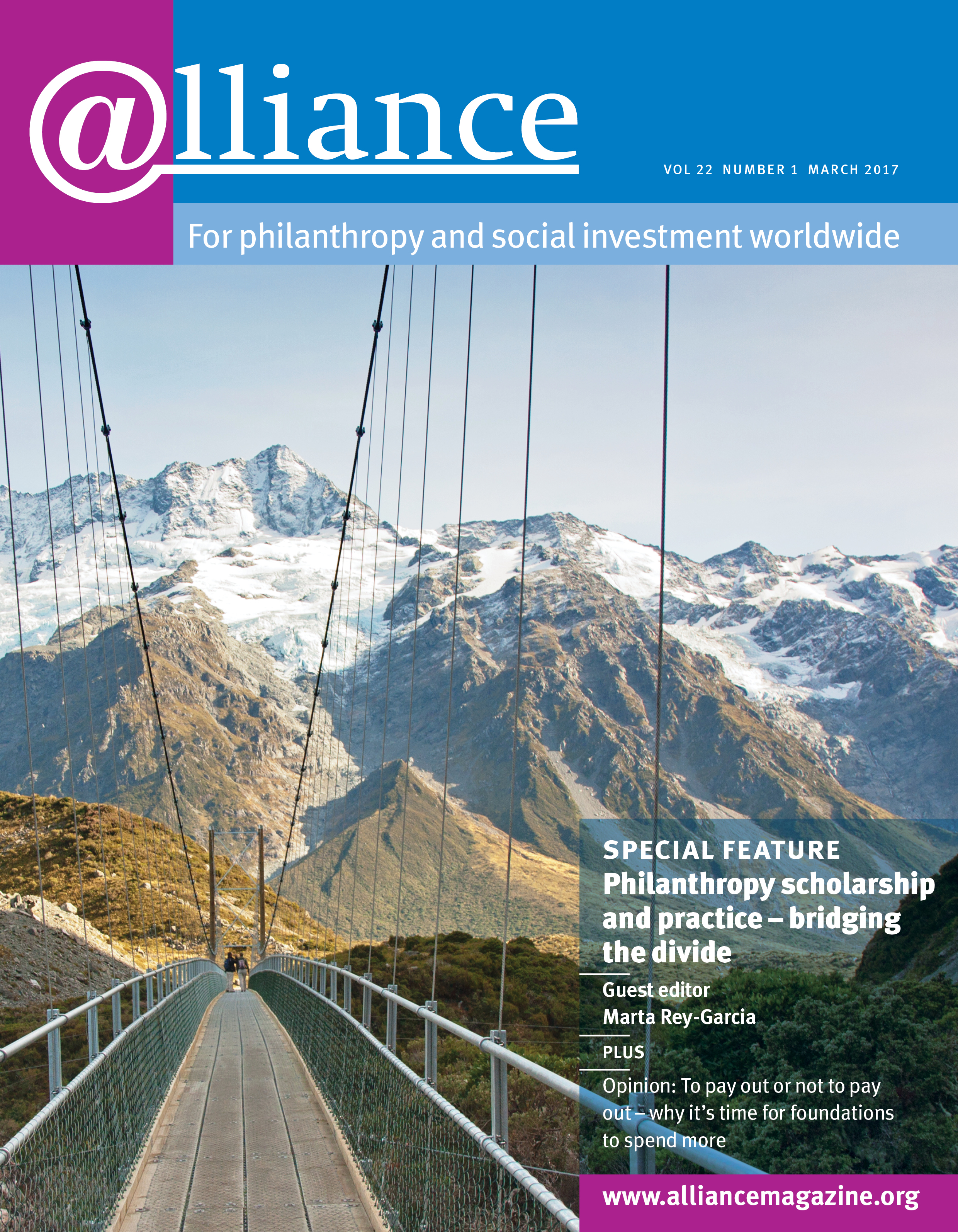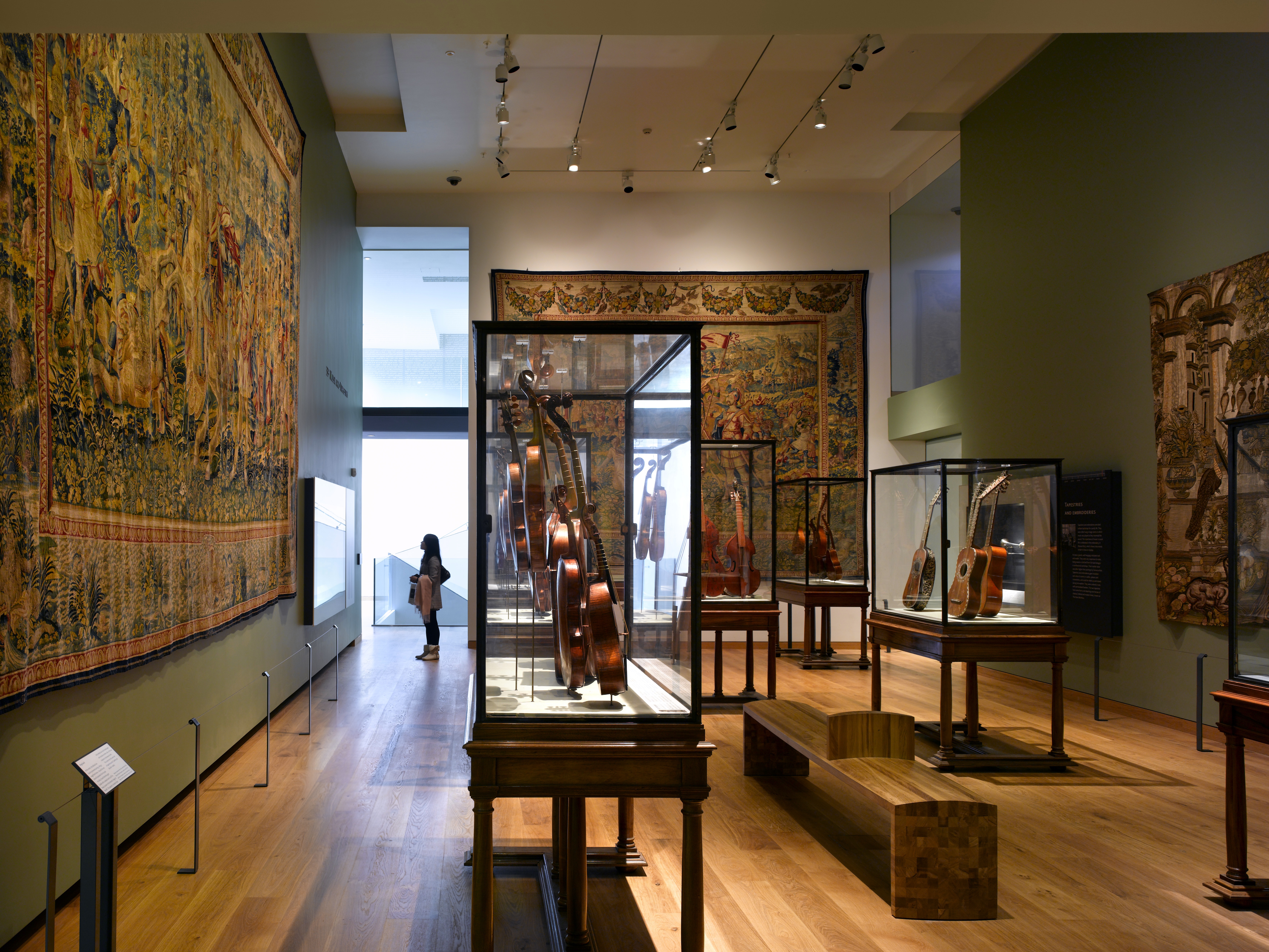Like all social phenomena, philanthropy cannot be fully understood without some degree of historical context. Few would disagree with that statement – particularly in an organization that since 1972 has run the UK’s foremost prize for the writing of history: the Wolfson History Prize. How it is translated into an improved philanthropy is a more challenging question. For those of us involved in running the Wolfson Foundation, the history of philanthropy (both our own and others’) plays a practical role on a daily basis.
First, it provides context to all that we do. It is striking how often echoes of historic debates are heard by those with a listening ear. For example, one of our major initiatives from the late 1960s was a programme to engage industry and universities in joint development with a highly practical focus. The debates relating to how academics prove their worth or ‘impact’ have a strikingly contemporary feel.
Recent history also informs our grantmaking strategy by helping us understand the rationales and relationships behind some of our earliest grants. A relationship by definition requires at least some historical knowledge. Scarcely a week goes by at Wolfson without a discussion about plans to refurbish (or remove) facilities funded by us over the past six decades. Being aware of the background is the prerequisite to making a sensible decision in these cases.
In a wider sense, our grantmaking is enriched and informed by history. Anyone interested in Jewish philanthropy, for example, surely benefits from reading Professor Abigail Green’s magisterial biography of the 19th century philanthropist Moses Montefiore.
Wolfson’s arguments in favour of supporting the rich and diverse collections of regional museums are informed by Giles Waterfield’s The People’s Galleries: Art museums and exhibitions in Britain, 1800–1914. Giles, an adviser to the foundation until his recent death, brilliantly charts the birth and progress of the great regional museums, most of them, incidentally, established through a new type of philanthropy based on industrial wealth and civic pride.
So history provides context for our philanthropy. But, secondly, it also provides empathy. ‘By enabling us to know about other centuries and other cultures, [history] provides… the best antidote to the temporal parochialism which assumes that the only time is now, and the geographical parochialism which assumes that the only place is here,’ as Sir David Cannadine, a leading historian and a Wolfson trustee put it.
Success in philanthropy comes from a careful analysis of complex issues – and an empathy for partner and recipient organizations. History is by no means the only discipline that fosters this degree of analysis and empathetic insight, but it is striking how many senior staff in foundations have backgrounds in history (or at least in the liberal arts).
‘By enabling us to know about other centuries and other cultures, [history] provides… the best antidote to the temporal parochialism which assumes that the only time is now, and the geographical parochialism which assumes that the only place is here.’
Third, history is helpful in spotting trends. Major social trends are neither straightforward to interpret nor linear (a message of complexity that is, in itself, an insight from history). But most foundations want to fund areas of significant – and growing – societal need as well as areas where there are likely to be few other funding sources. This requires careful analysis, not just of contemporary issues, but of their historical context, because the only reasonable way to make a prediction about the future is to look at the past.
Just as we use history to inform and enlighten, so we are committed, as far as possible, to opening up our institutional history. The archives of foundations are a historical resource so we have made our archives up to 1980 available, professionally managed by the Royal Society in London. For researchers, the Wolfson Archives provide an intriguing insight into an eclectic array of social, intellectual and cultural issues over the past six decades.
The only reasonable way to make a prediction about the future is to look at the past.
It would be a brave analyst who argued that there is nothing to be gained from the experience of the past. History matters. And the history of philanthropy matters even more to those engaged in the practice of philanthropy. A short article can give only a few examples, but – for the Wolfson Foundation at least – history provides context and colour to all that we do.
Paul Ramsbottom is chief executive of the Wolfson Foundation. Email paul.ramsbottom@wolfson.org.uk








Comments (0)